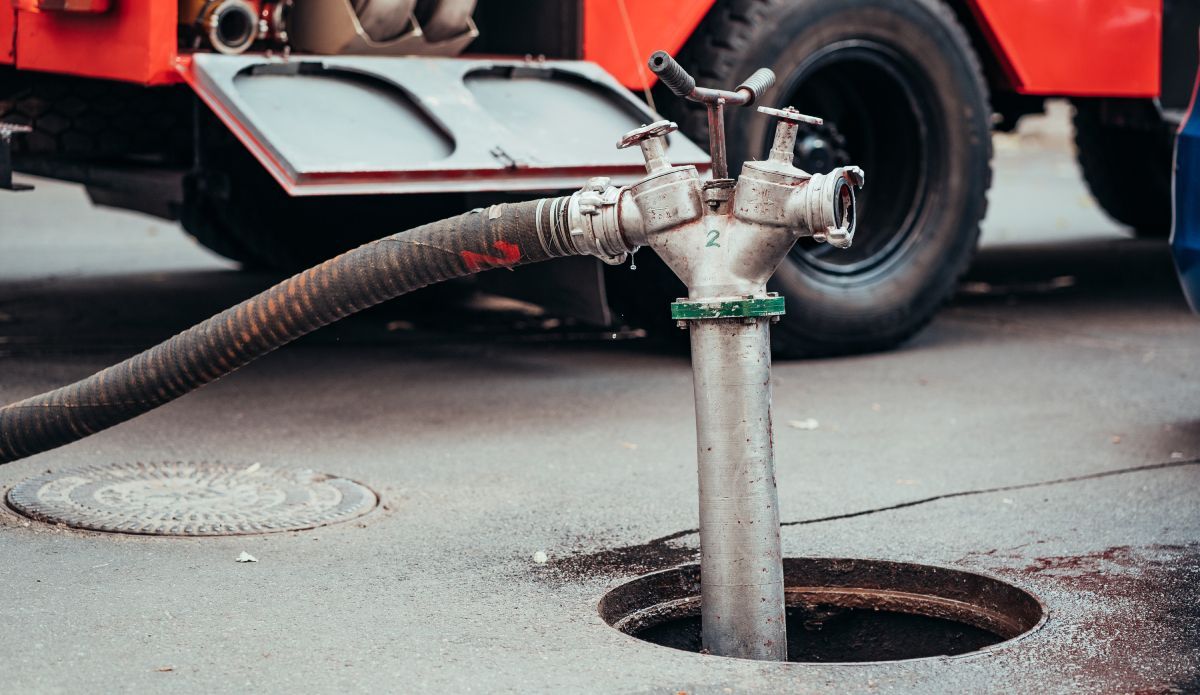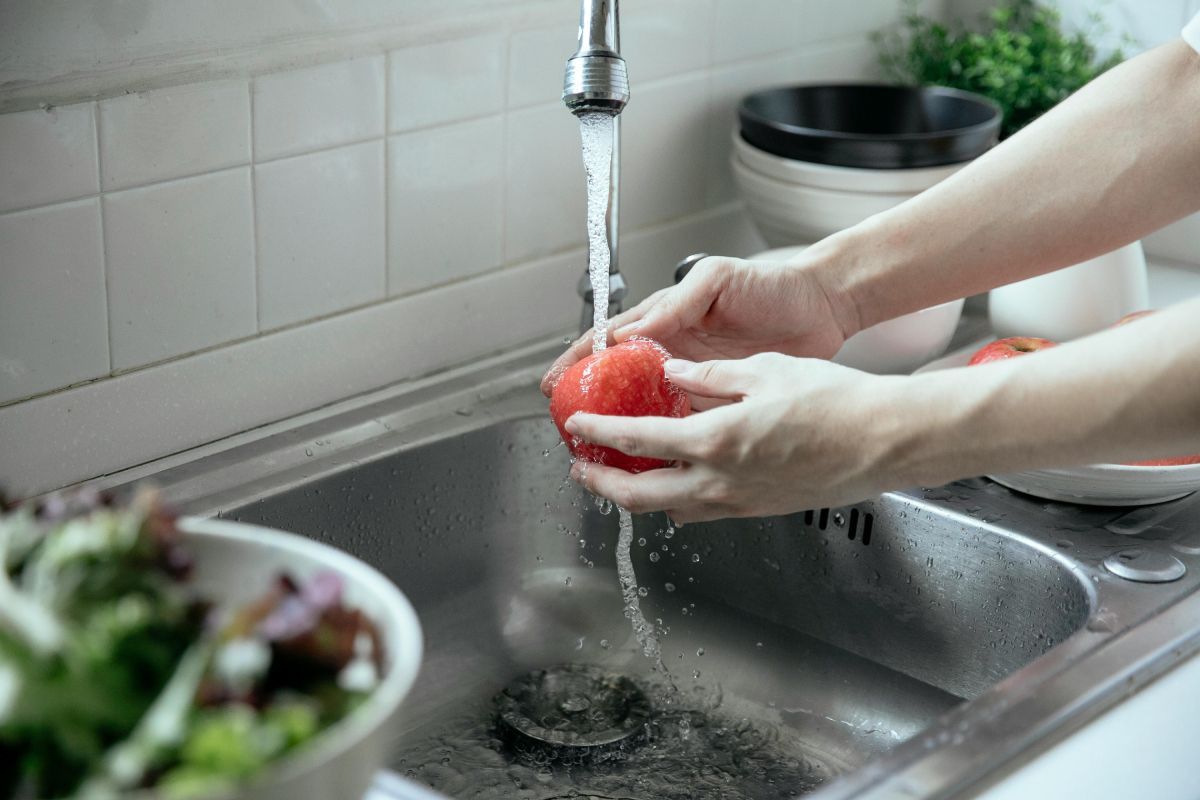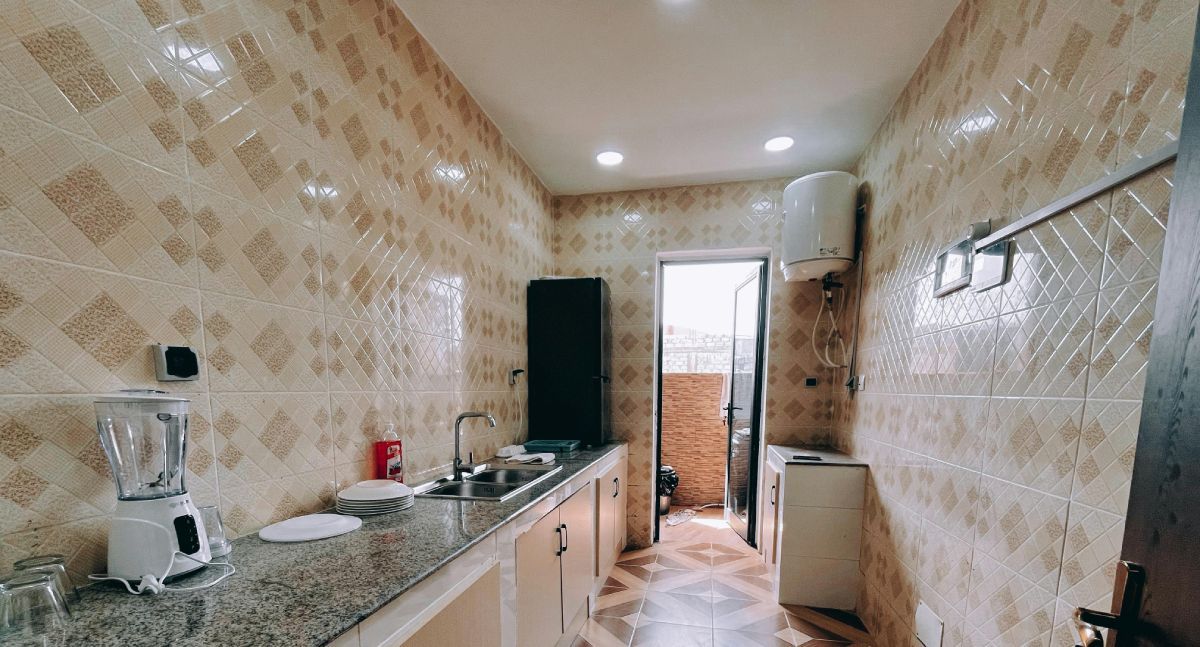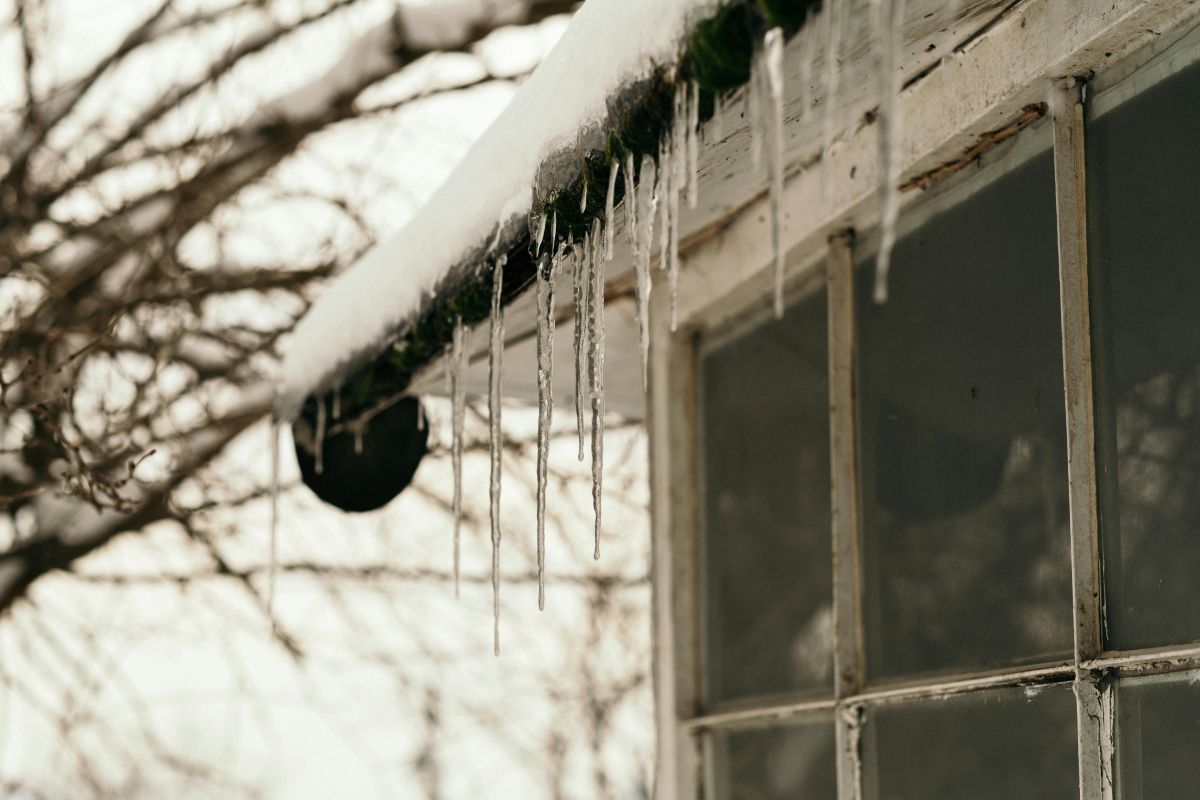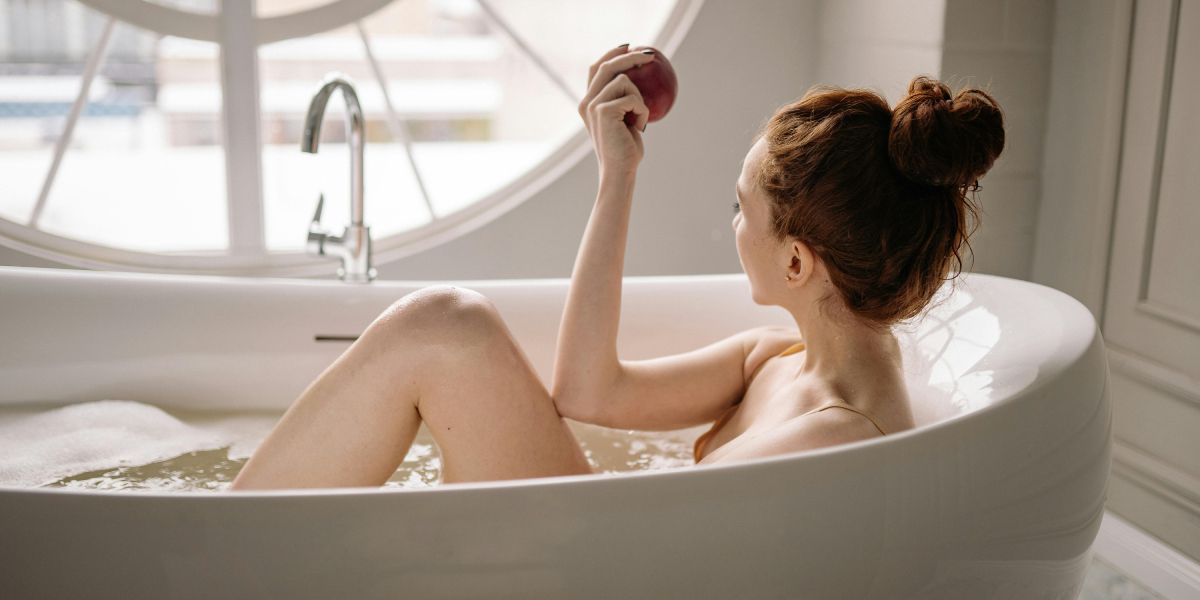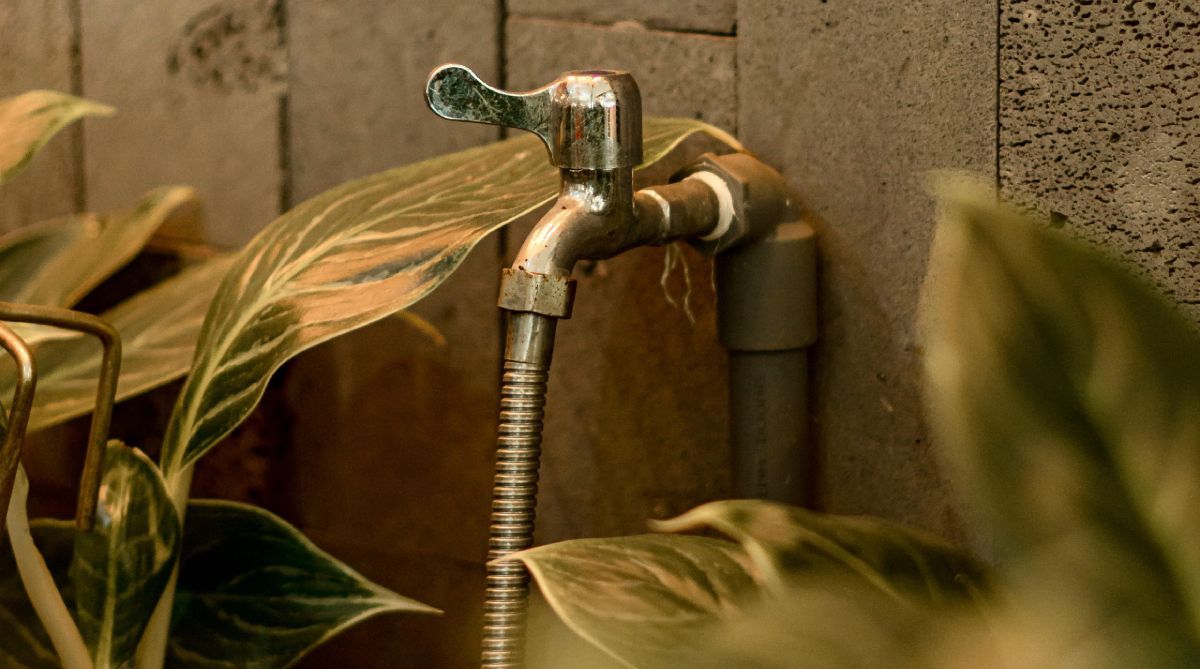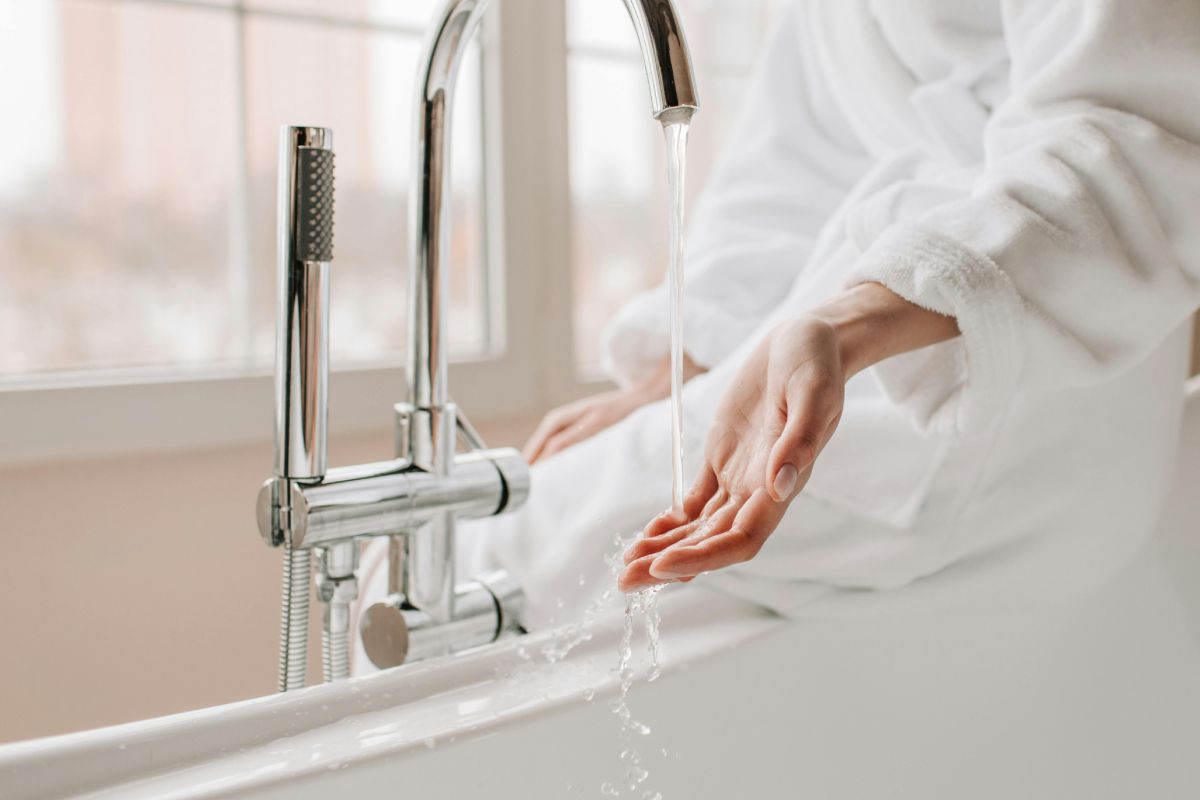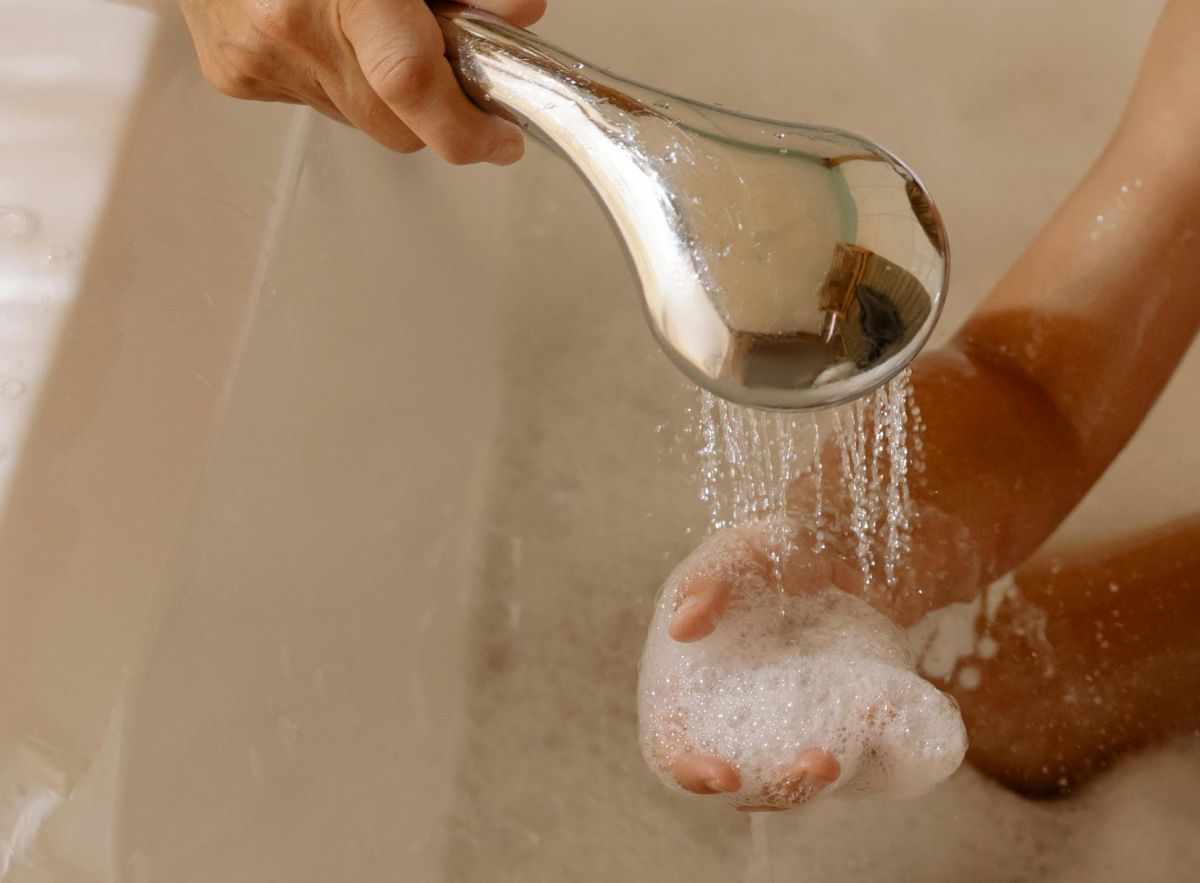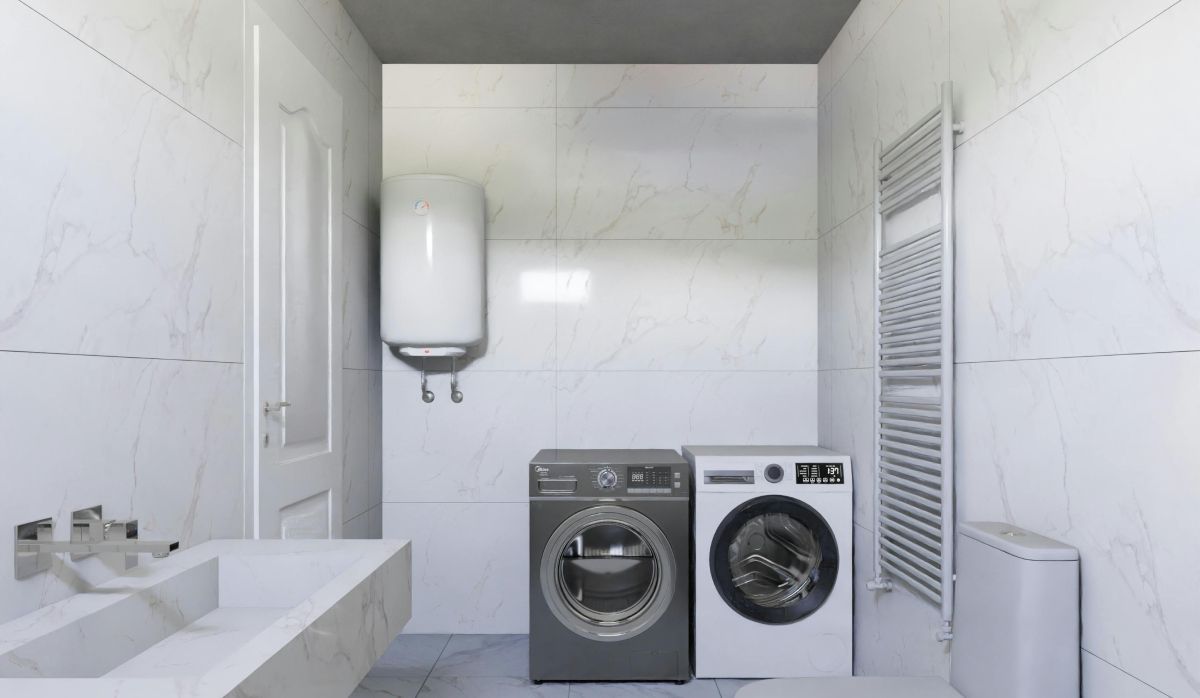Master Plumbers Blog
Lead Pipe Dangers: Detection, Replacement, and Costs
Lead pipes have been used in plumbing systems for centuries, but the health risks associated with lead exposure have become increasingly apparent in recent years. Lead can leach into the water supply, and even small amounts of exposure can cause serious health problems, especially for children and pregnant women. In this blog post, we'll discuss the dangers of lead pipes and how to replace them to protect your family's health.
The Dangers of Lead Pipes
Lead pipes pose a severe health risk because lead can leach into the water supply. When water flows through lead pipes, the lead can dissolve into the water, especially if the water is acidic or has been sitting in the pipes for a long time. This means that lead can end up in your drinking water and be ingested by you and your family.
Exposure to lead can have serious health consequences, especially for children and pregnant women. Even low levels of exposure can cause developmental delays, learning difficulties, and behavioural problems in children. In pregnant women, lead exposure can cause premature birth, low birth weight, and other complications.
Check this related article out:
5 Types of Plumbing Pipes You Should Know as a Homeowner
How To Determine If You Have Lead Pipes
If your home was built before the 1980s, it might contain lead pipes, and inspecting your plumbing system is the only way to know for sure.
One way to identify lead pipes is to look at the colour of the pipes. Lead pipes are typically dull grey and can be easily scratched with a key. However, it's important to note that not all grey pipes are made of lead, so this method isn't foolproof.
Another way to identify lead pipes is to hire a professional plumber to inspect your plumbing system. A plumber can use specialised tools to identify the type of pipes in your home and determine if they contain lead.
It's also a good idea to test your water for lead. Your local health department or water utility can provide information on how to have your water tested for lead. If your water tests positive for lead, your plumbing system likely contains lead pipes, and you should take steps to replace them.
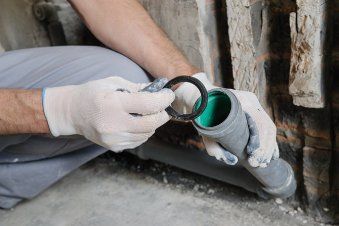
Replacing Lead Pipes
If you have lead pipes in your plumbing system, replacing them is crucial to protect your and your family's health. A few options exist for replacing lead pipes, including partial or complete replacement.
Partial replacement involves replacing only the lead pipes in your plumbing system while keeping the rest intact. This option can be less expensive and less disruptive than a total replacement, but it may not be effective in reducing lead exposure if there are other lead sources in your plumbing system.
Total replacement involves replacing all of the pipes in your plumbing system with new, non-toxic pipes. This option is more expensive and disruptive than partial replacement, but it is the most effective way to eliminate lead exposure in your plumbing system.
Steps for Replacing Lead Pipes
1. Shutting off the water supply
The first step in replacing lead pipes is to shut off the water supply to your home to prevent water from flowing through the plumbing system.
2. Removing the old pipes
The plumber will remove the old lead pipes once the water supply is shut off. This may involve cutting or sawing the pipes to remove them from the plumbing system.
3. Installing new pipes
After removing the old pipes, the plumber will install new, non-toxic ones. This may involve threading or welding the new pipes to create a new plumbing system.
4. Connecting the new pipes to the existing plumbing system
Once the new pipes are installed, the plumber will connect them to the existing plumbing system, including faucets, toilets, and other fixtures.
5. Flushing and testing the new plumbing system
After installing and connecting the new pipes, the plumber will flush the plumbing system to remove debris or contaminants. They will then test the system to ensure it functions correctly and has no leaks.
When choosing a plumber to replace your lead pipes, it's essential to choose someone qualified and experienced in working with lead pipes. A qualified plumber can help you choose the correct replacement for your needs and ensure the replacement is done safely and effectively.
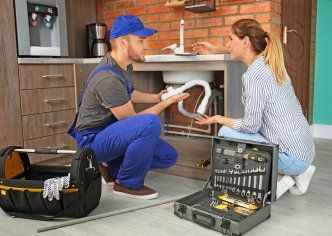
Cost Considerations
It's also important to consider the cost of replacing lead pipes. Total replacement can be expensive, so it's a good idea to budget for this project and explore financing options if necessary. However, the cost of not replacing lead pipes can be much higher regarding health consequences, so protecting your and your family's health is essential.
1. Size of the Plumbing System
The cost of replacing lead pipes will depend on the size of the plumbing system. Larger systems will require more pipes and fittings, increasing the overall cost.
2. Location of the Pipes
The location of the lead pipes can also impact the replacement cost. Pipes located in hard-to-reach areas or behind walls may require additional labour and equipment to access, increasing the cost.
3. Type of Replacement Materials
Several materials, including copper, PEX, and PVC, can replace lead pipes. The cost of each material will vary, so it's essential to compare the cost and benefits of each option.
4. Labour Costs
The labour cost will depend on the installation's complexity and the contractor's experience. It's essential to obtain multiple quotes from licensed contractors to compare the cost and quality of their services.
5. Permitting and Inspection Fees
Replacing lead pipes may require permits and inspections from local authorities, which can add to the project's overall cost.
While replacing lead pipes can be expensive, the potential health risks associated with lead exposure make it a significant investment. In addition, replacing lead pipes can increase the value of a property and reduce the risk of future plumbing problems.
Conclusion
Replacing lead pipes is essential to protect your health and your family's health because exposure to lead can cause serious health problems, particularly in young children and pregnant women. Lead can affect the brain, nervous system, and other organs in the body. Even low levels of exposure can be harmful over time. Therefore, it is crucial to take action and replace lead pipes in your plumbing system to reduce the risk of lead exposure.
Get Expert Plumbing Advice
If you suspect you have lead pipes in your home, contact a licensed contractor to evaluate your plumbing system and discuss options for replacement. Don't wait to take action - your family’s health depends on it.
Mains Plumbers are a team of professionals who specialise in working on a property's main water supply line. This includes the connection from the water meter to the property's plumbing system and any repairs or replacements needed on the main line. In addition to their technical expertise, Mains Plumbers possess an excellent understanding of local plumbing codes, regulations, and health and safety requirements.
When selecting a
plumber in Dunedin, NZ, it's essential to choose a reputable and experienced plumber who can provide references and has a proven track record of success. Contact Mains Plumbers today.


